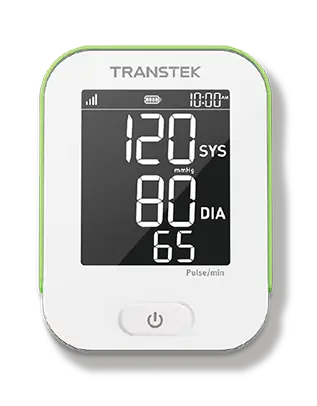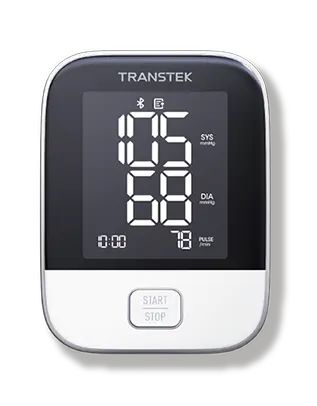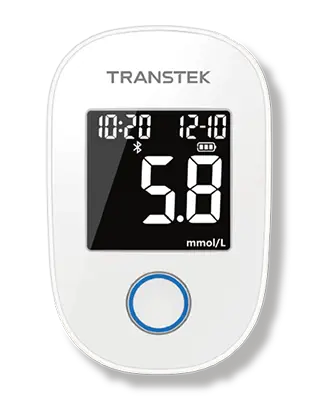
In today's fast-paced world, managing chronic diseases such as hypertension has become a significant challenge. However, with the advent of advanced technologies, healthcare has taken a leap forward. One such innovation that is revolutionizing chronic disease management is the 4G blood pressure monitor. In this blog, we will explore why 4G blood pressure monitors are considered a game-changer in the field of chronic disease management and how they are transforming the way patients monitor their blood pressure.
Real-Time Monitoring and Data Accessibility: One of the most significant advantages of 4G blood pressure monitors is their ability to provide real-time monitoring of blood pressure levels. Unlike traditional monitors that only provide isolated readings, 4G monitors enable continuous monitoring throughout the day. The data collected by these monitors is instantly transmitted to healthcare providers, allowing them to access and analyze it in real-time. This accessibility to accurate and up-to-date information empowers healthcare professionals to make informed decisions and provide personalized treatment plans for patients with chronic diseases.
Remote Patient Monitoring: 4G blood pressure monitors have opened up new possibilities for remote patient monitoring. Patients no longer need to visit healthcare facilities frequently for check-ups. With a 4G monitor, individuals can measure their blood pressure from the comfort of their own homes. The data is wirelessly transmitted to healthcare providers, who can monitor patients' conditions remotely. This remote monitoring reduces the burden on patients, improves convenience, and allows healthcare providers to intervene promptly if any concerning trends or abnormalities are detected.
Improved Patient Engagement and Self-Management: By using 4G blood pressure monitors, patients are actively engaged in managing their chronic conditions. Regular monitoring encourages individuals to take ownership of their health and make necessary lifestyle modifications to control their blood pressure levels. Moreover, the availability of historical data empowers patients to track their progress, identify patterns, and make informed decisions about their health. This active involvement in self-management leads to better adherence to treatment plans and improved overall health outcomes.
Early Detection and Intervention: Early detection of fluctuations in blood pressure is crucial for effective chronic disease management. 4G blood pressure monitors allow for continuous monitoring, making it easier to detect any sudden spikes or drops in blood pressure levels. This timely detection enables healthcare providers to intervene promptly, adjust medications if necessary, and prevent potential complications associated with poorly controlled blood pressure. Early intervention, facilitated by 4G monitors, plays a vital role in reducing the risks of heart attacks, strokes, and other cardiovascular events.
Seamless Integration with Healthcare Systems: 4G blood pressure monitors are designed to seamlessly integrate with existing healthcare systems. The collected data can be automatically integrated into electronic health records (EHRs) and shared securely with healthcare providers. This integration ensures that patient information is readily available to healthcare professionals, enabling them to make accurate diagnoses, monitor progress, and provide personalized care plans. It also facilitates better communication and collaboration between patients and healthcare teams, leading to improved overall healthcare experiences.
4G blood pressure monitors have emerged as a game-changer in the realm of chronic disease management. With their real-time monitoring capabilities, remote patient monitoring features, improved patient engagement, and seamless integration with healthcare systems, these monitors are transforming the way chronic diseases, particularly hypertension, are managed. By harnessing the power of technology, a 4G blood pressure monitor is paving the way for better health outcomes, enhanced patient experiences, and a more proactive approach to chronic disease management.
TeleRPM BPM Gen 2 uses 4G technology to connect with T-Mobile or AT&T's cellular network and has built a cellular SIM card. The Application Programming Interfaces (API) is available to integrate with the RPM health platform and hospital management systems. Clinically Validated for Pregnant Women and Diabetics, TeleRPM BPM Gen 2 assures the use of accuracy in these groups of people.
+86-0760-85702291







